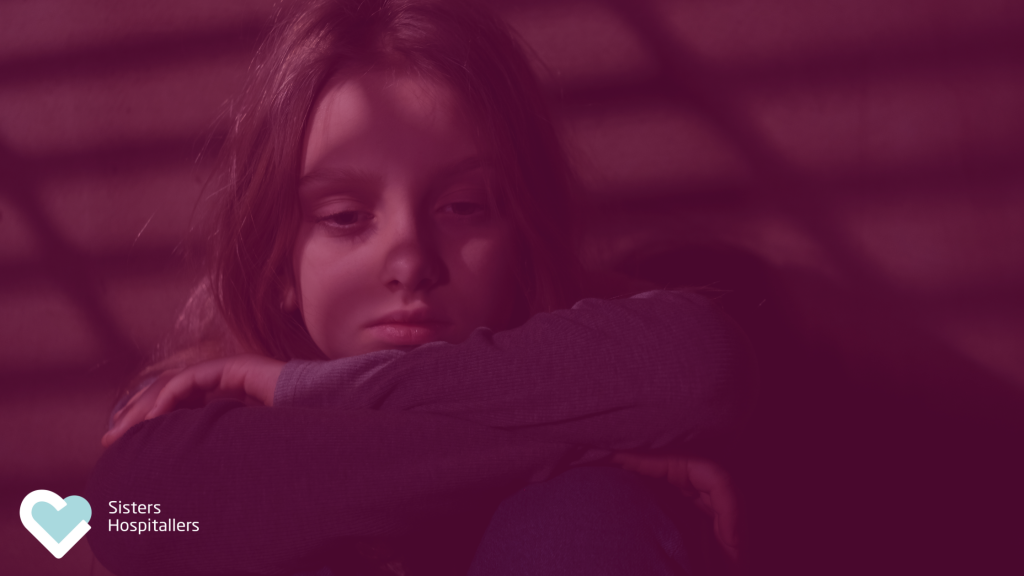
Every year on September 23rd, the world unites to observe the International Day Against Sexual Exploitation and Trafficking of Women and Children. This day serves as a stark reminder of the millions of women and children who continue to be victims of these heinous crimes, while also spotlighting the global efforts to combat human trafficking and sexual exploitation.
Human trafficking, particularly for sexual exploitation, is one of the most prevalent forms of modern-day slavery. According to the United Nations, an estimated 4.8 million people are trafficked for sexual exploitation globally, with women and children disproportionately affected. Traffickers prey on vulnerable populations, often luring victims with false promises of jobs, education, or better living conditions.
Once caught in the web of exploitation, victims are subjected to unimaginable abuse, with their dignity, freedom, and humanity stripped away. For many, escape seems impossible, as they are trapped by fear, violence, and coercion.
The International Day Against Sexual Exploitation and Trafficking of Women and Children was established by the World Conference of the Coalition Against Trafficking in Persons in 1999. The date was chosen in recognition of the signing of the first legal international agreement that condemned trafficking in women and children — the International Agreement for the Suppression of the “White Slave Traffic” signed in Paris in 1904.
This day is dedicated to raising awareness about the dangers and prevalence of human trafficking, and to mobilize governments, NGOs, and individuals to take action. It encourages us all to reflect on the ongoing struggles of those who are trafficked, exploited, and abused.
In response to this crisis, countries around the world have taken action. Various international agreements, like the United Nations Protocol to Prevent, Suppress and Punish Trafficking in Persons, Especially Women and Children (Palermo Protocol), seek to combat human trafficking at a global scale. Governments are increasingly cooperating to dismantle trafficking networks, prosecute offenders, and protect victims.
Furthermore, non-governmental organizations (NGOs) play a vital role in providing support to survivors and advocating for policy changes that strengthen laws against trafficking and exploitation. Hotlines, legal aid, safe houses, and rehabilitation services are also crucial in helping survivors rebuild their lives.
The International Day Against Sexual Exploitation and Trafficking of Women and Children reminds us that the fight against human trafficking is far from over. It calls for global solidarity in protecting the most vulnerable among us. As long as traffickers continue to profit from exploitation, we must continue to raise our voices, push for justice, and work towards a future where women and children can live free from the threat of exploitation.
Let this day be not just a time for reflection, but a rallying call to action, because every woman and child deserves to live in dignity and safety. Together, we can end this scourge and build a world where human trafficking is a thing of the past.